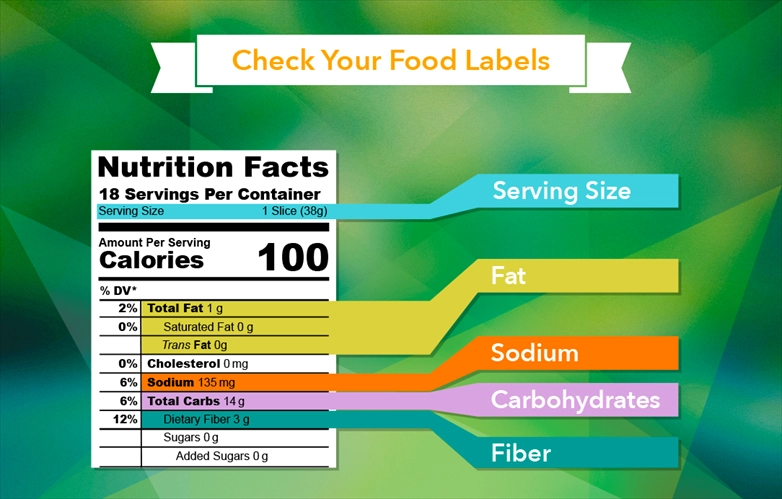Navigating the Unregulated Landscape of Dietary Supplements and Protein Powders: The Call for Caution and Awareness

The market for dietary supplements and protein powders is booming. Despite its massive growth, this industry operates with minimal oversight, leaving consumers vulnerable to misinformation and potential harm.
The market for dietary supplements and protein powders is booming, generating nearly US$60 billion in revenue in 2025. Despite its massive growth, this industry operates with minimal oversight, leaving consumers vulnerable to misinformation and potential harm.
The widespread trust in dietary supplements, reported by 77% of Americans, reflects a desire for self-care and quick recovery solutions, especially among athletes, parents, and those combating illnesses like the cold or flu. However, studies reveal concerning trends, such as 1 in 10 adolescents using nonprescribed weight management products, including supplements.
An alarming finding indicates that nonprescribed diet pill usage surpasses that of other weight control methods, posing significant risks to mental and physical health. As professionals in mental health and biomedical research, we've witnessed firsthand the adverse effects of unfounded supplement beliefs.
The regulatory framework for supplements lacks teeth, allowing manufacturers to mislead consumers with products containing addictive substances like tianeptine or mislabeled items such as kratom. Despite FDA oversight, supplements are categorized as food rather than drugs, exempting them from proving efficacy or immediate regulation upon reported harm.
Misbranding and false advertising run rampant, with supplements making unverified claims ranging from curing cancer to promoting weight loss. Although recent FDA crackdowns on weight loss products containing undeclared drugs show some progress, challenges persist regarding warning label visibility and ingredient safety.
Of particular concern are supplements targeting weight loss and muscle building, which may exacerbate mental health issues and eating disorders. Adolescents, especially girls, are at risk, with protein powder consumption correlating with future steroid use.
Proposed solutions include taxing supplements boasting weight loss benefits and restricting sales to minors, as seen in New York's legislation. Medical professionals advocate for prioritizing whole foods over supplements, emphasizing balanced nutrition, adequate rest, and varied exercise for adolescent health and well-being.






